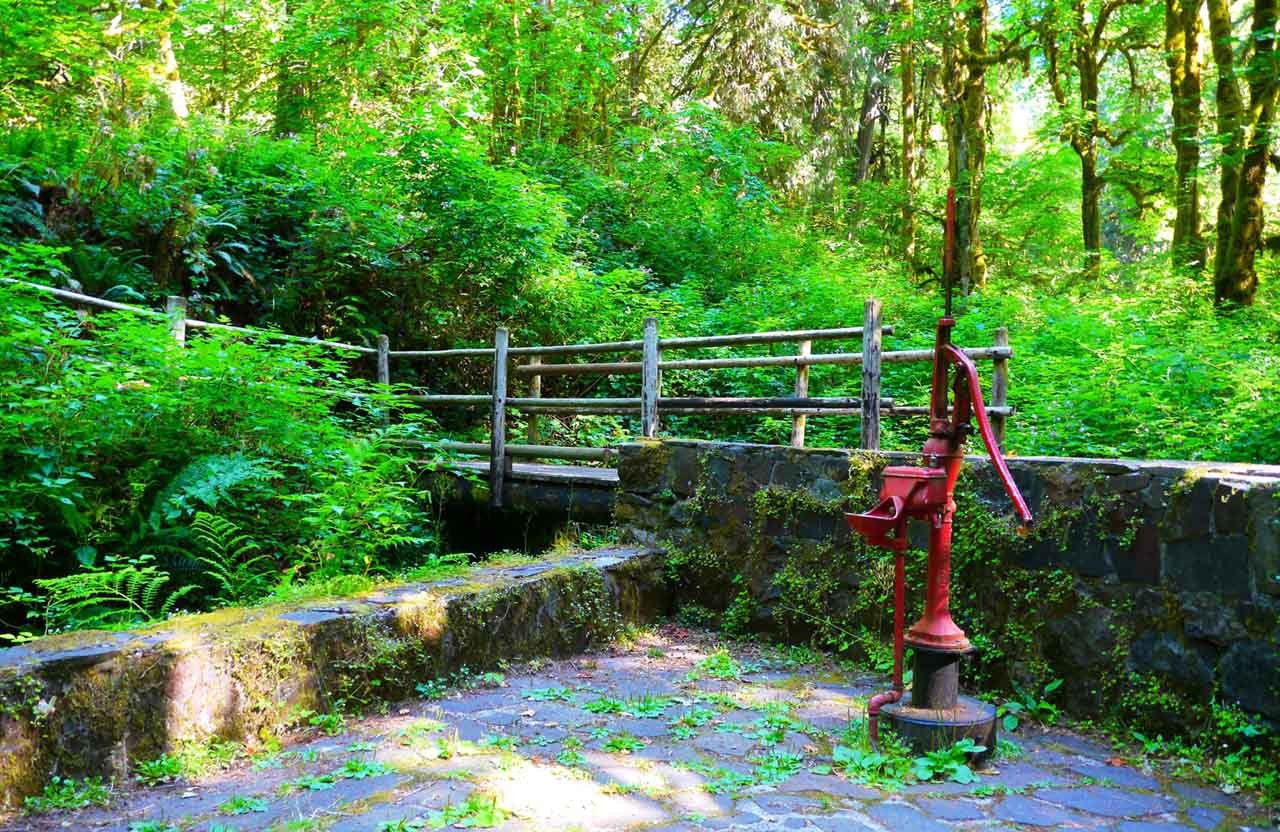New Groundwater Rules in Oregon Will Impede the Dissipation of Existing Underground Supplies

Nearly 70 years after Oregon appealed to regulators to protect groundwater levels, the state’s Water Resources Commission (OWRC) has approved changes to existing groundwater rules.
40,000 Home Wells Could Run Dry
Declining groundwater levels are threatening to dry up 40,000 home wells statewide.
Regulation changes were unanimously approved at an OWRC meeting on Thursday to protect the state’s sustainable groundwater supplies. The move comes after a 1955 state law calling on regulators to protect groundwater levels and future applications for groundwater rights will likely be denied.
Groundwater Resources are Unsustainable
In its ‘Rulemaking to Protect Future Groundwater Availability,’ the OWRC says that Oregon’s groundwater resources are being used at an unsustainable rate, and the amount of water extracted from groundwater supplies exceeds what is replaced via natural water recharge cycles. The situation has further deteriorated because of climate change.
“Some Oregonians are experiencing water scarcity, water shortages, and wells that have gone dry.” The OWRC points out groundwater depletion reduces water flow in rivers, streams, and lakes, affecting fish life, aquatic habitats, and recreation. “This impacts all Oregon families, farmers, cities, and industries.”
1,220 Oregon Water Wells Have Run Dry Since 2021
Groundwater depletion has had devastating impacts. Since June 2021, 1,220 water wells in Oregon have dried up, while reduced stream flows are affect water quality and availability.
The new rules do not apply to domestic well owners. Instead, they will apply to new applications for water rights in which regulators will use scientific data to establish that a “reasonably stable” underground water supply exists.
Conservation groups have applauded the new rules, pointing out that water levels in thousands of wells across the state have been dropping for decades.
Not Everyone is Happy About the Changes
However, the changes have not been welcomed in all quarters.
Farmers irrigate their lands with groundwater, accounting for 85% of water users in the state, and are opposed to the new rules that affect areas of the state not experiencing serious water declines. They believe the new rules will reduce the ability to obtain groundwater permits.
Central Oregon cities like Redmond and Bend have voiced dissent, pointing out that the new rules conflict with the Governor Tina Kotek’s decision to build more affordable housing. Opponents say that cities cannot meet state housing construction goals if they are deprived of access to groundwater.
Two tribal governments also lodged objections, noting that racial and economic inequities would worsen if power is consolidated in the hands of people controlling water rights. The new rules would also increase the cost of obtaining permits.
The OWSC rules that apply to new groundwater permits will determine if the supply of groundwater is reasonably stable, does not interfere with water flows, and that aquifers are capable of producing the required levels of water.
Fewer permits will be granted in areas where groundwater declines are excessive, or where new groundwater rights affect existing surface rights.
However, the new rules will not apply to existing groundwater applications waiting approval, water right transfer processes, or exempt groundwater use.
The rules will become effective as soon as they are filed with the Secretary of State.

In Southern Oregon they need to force pot growers to comply with existing water rights instead of over use and non-compliance. They raid the streams and wells for their large farms.
What about all the existing and proposed data farms in Prineville and elsewhere in the state of Oregon? Between the tax breaks, incentives and huge demand for water to build and cool these buildings, will the rules apply to them as well? Demand for these businesses, now with demand for AI, it is truly disturbing. The Tribes have a powerful and truthful concern that the rest of the world needs to heed.